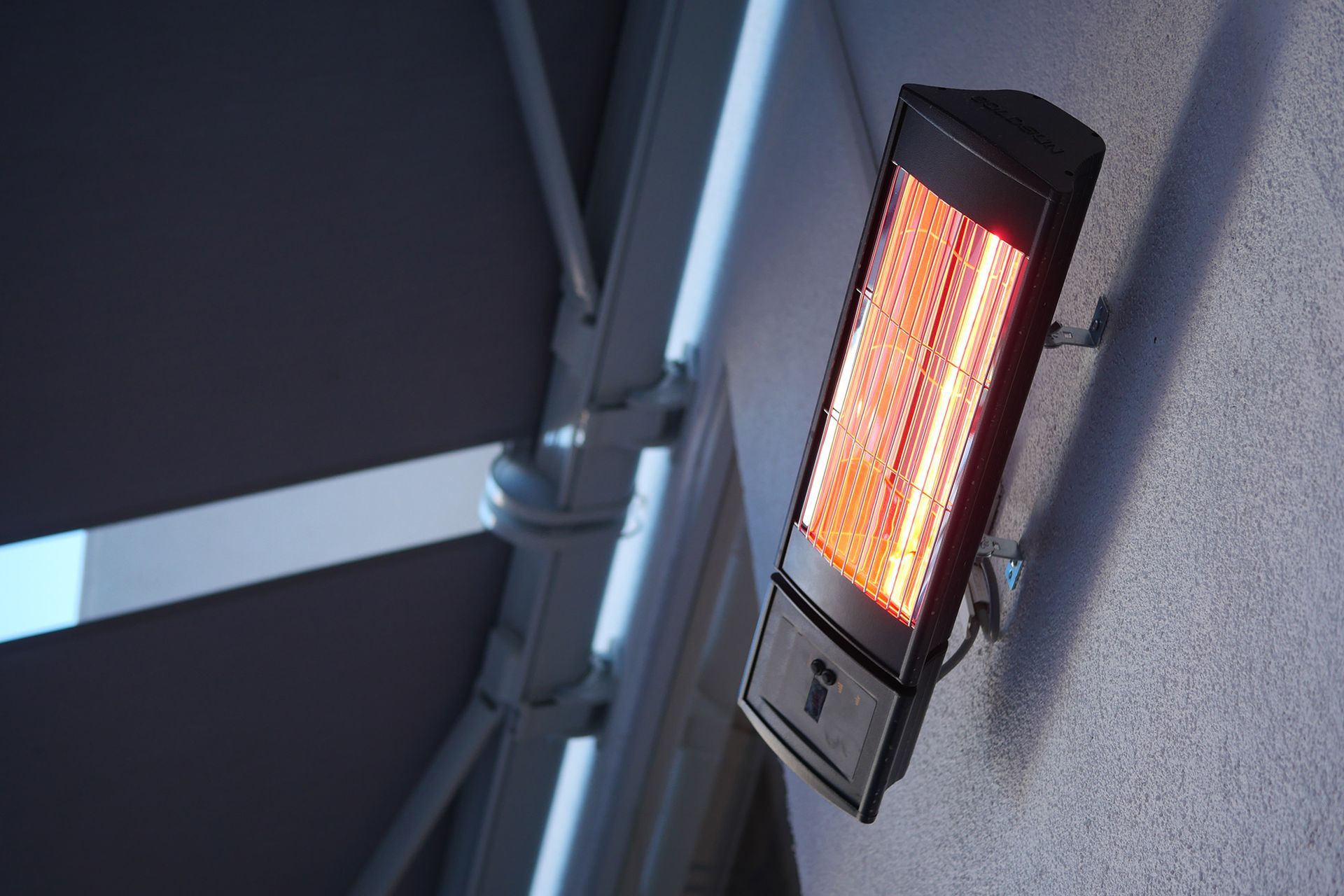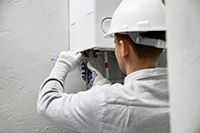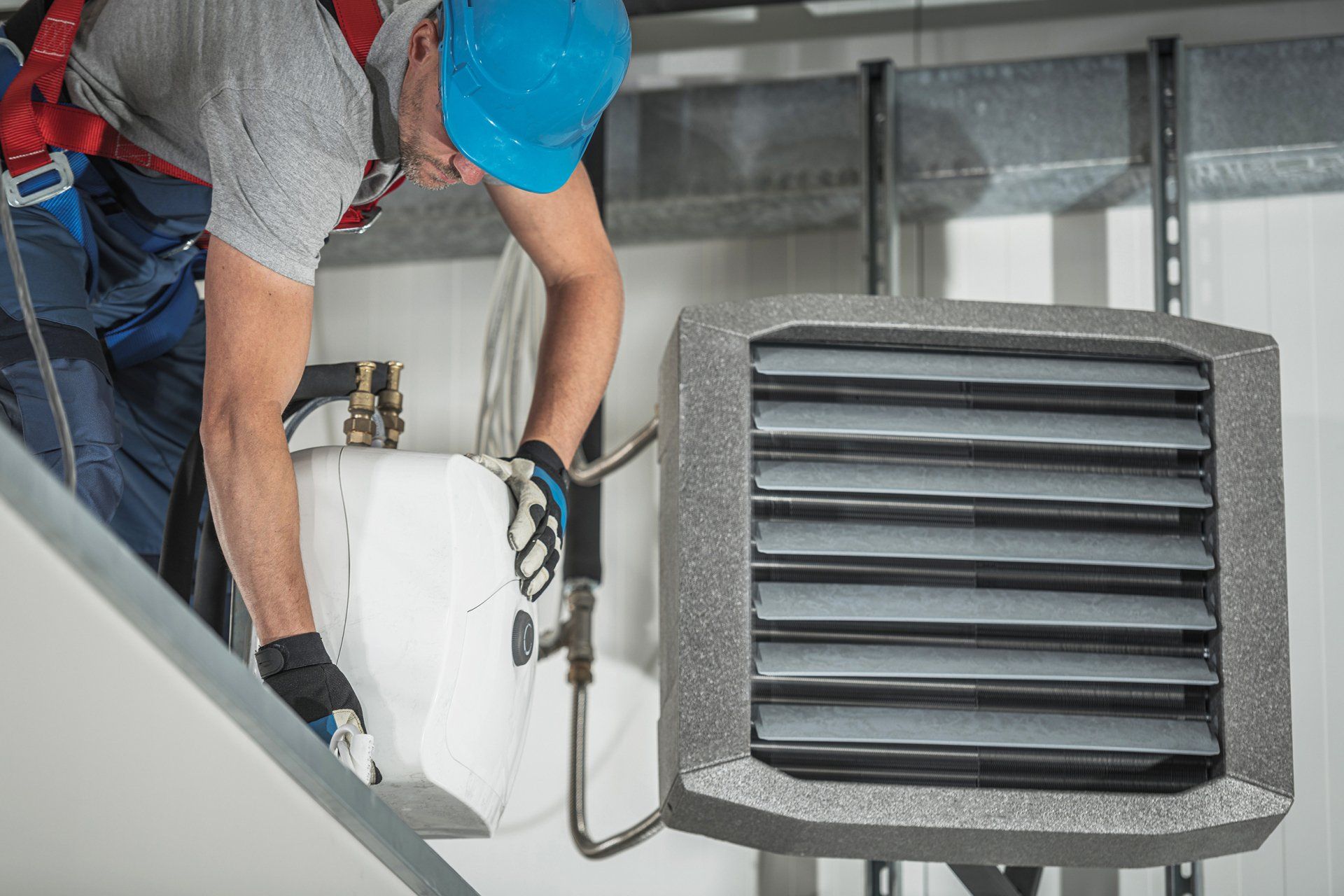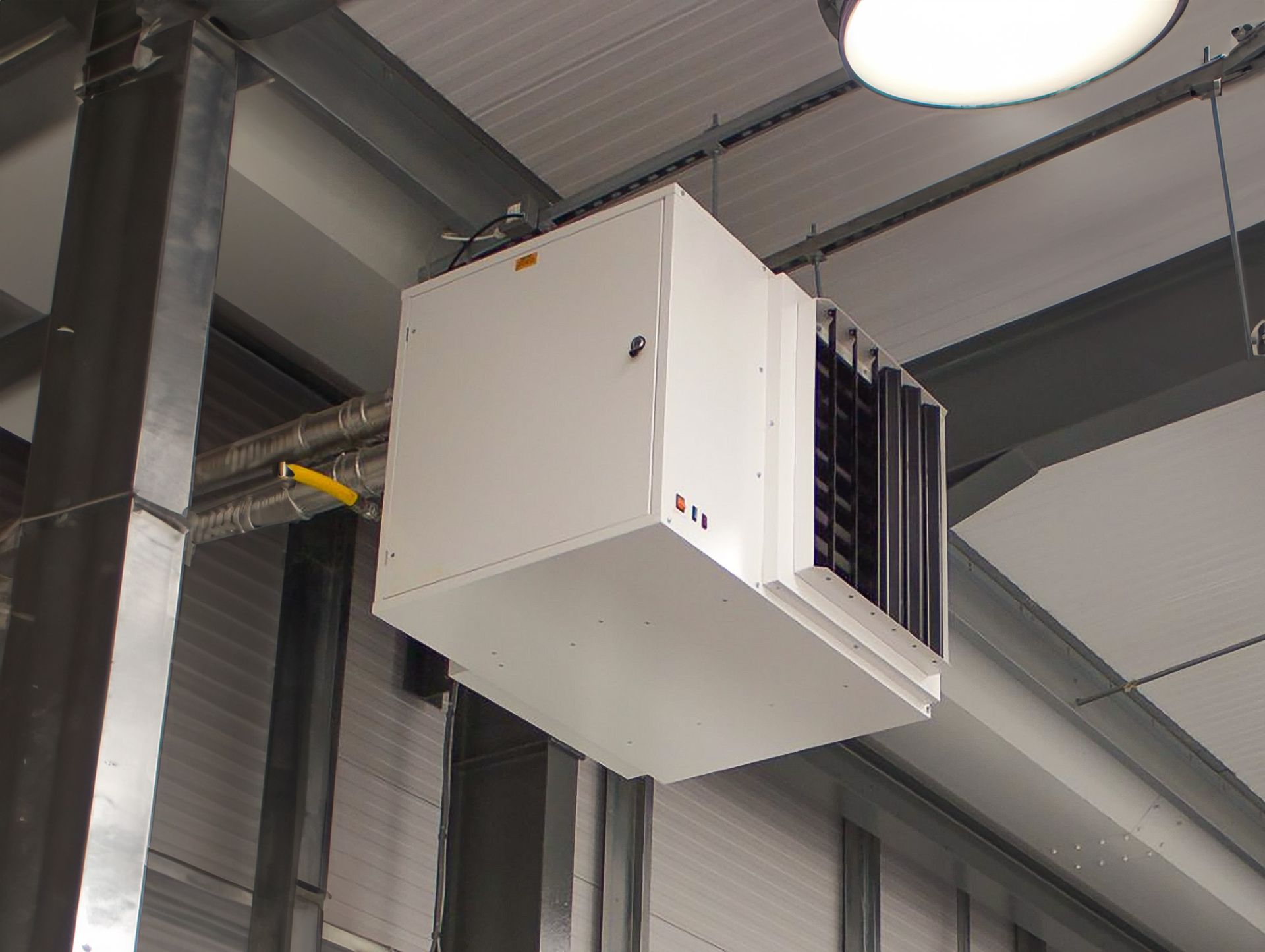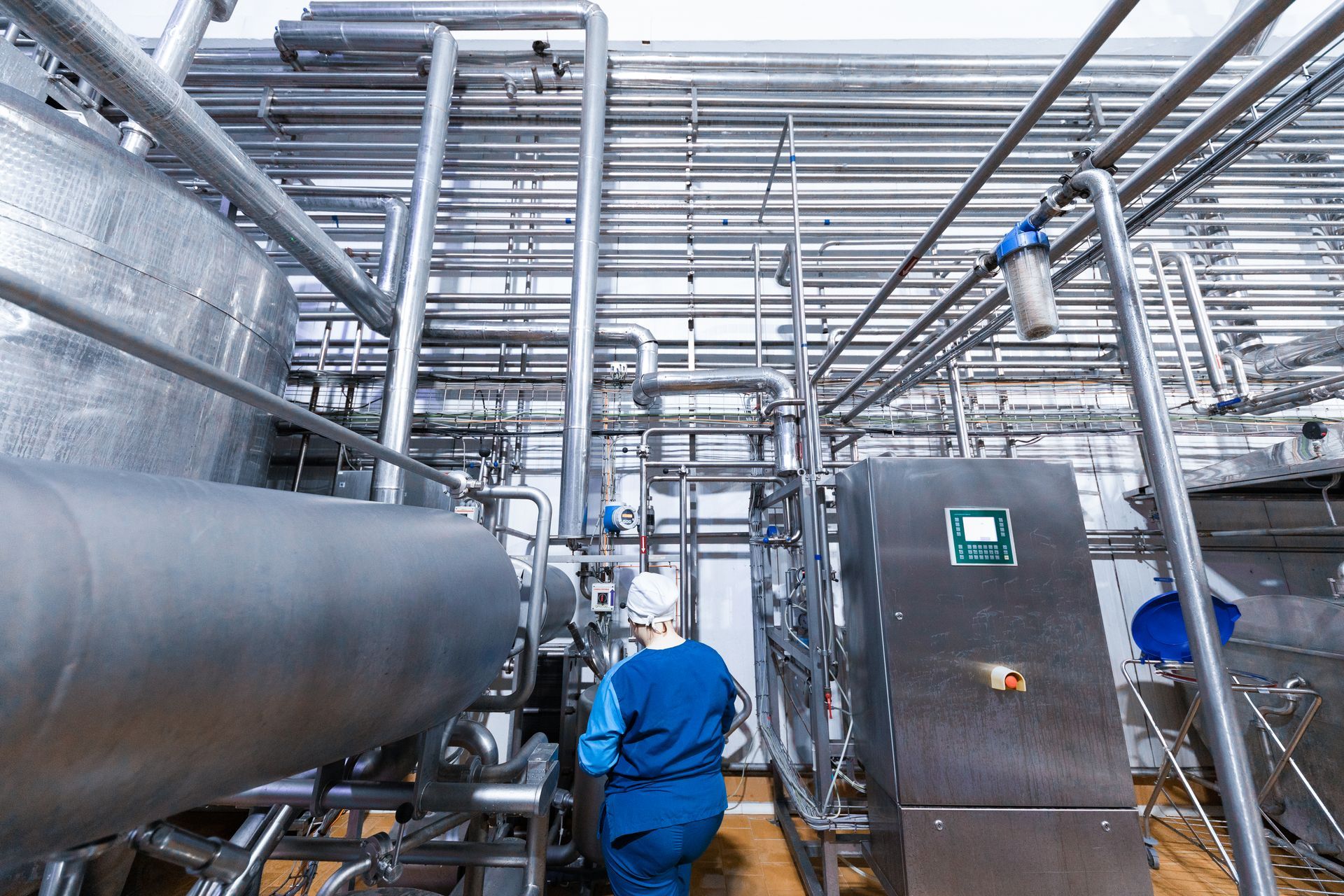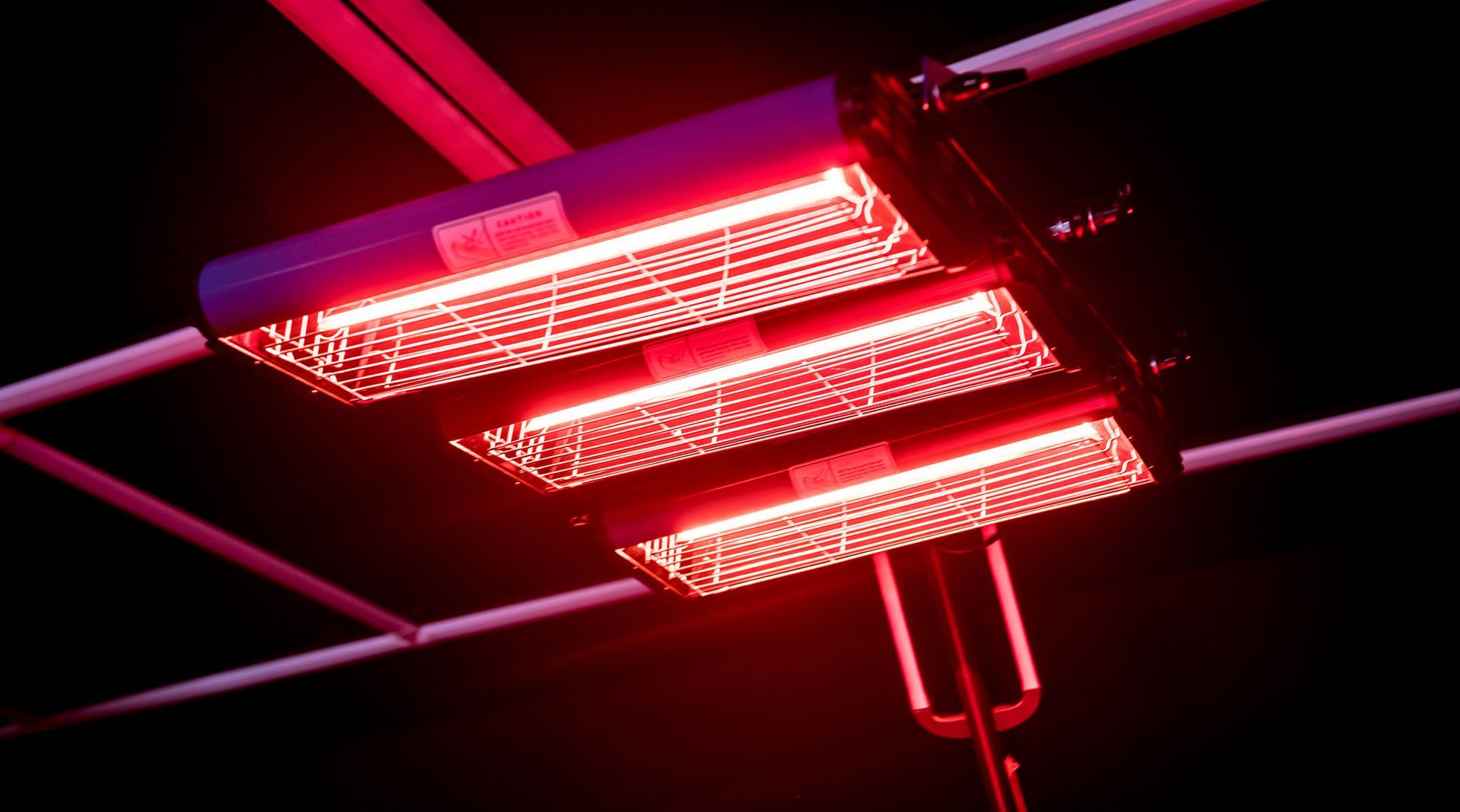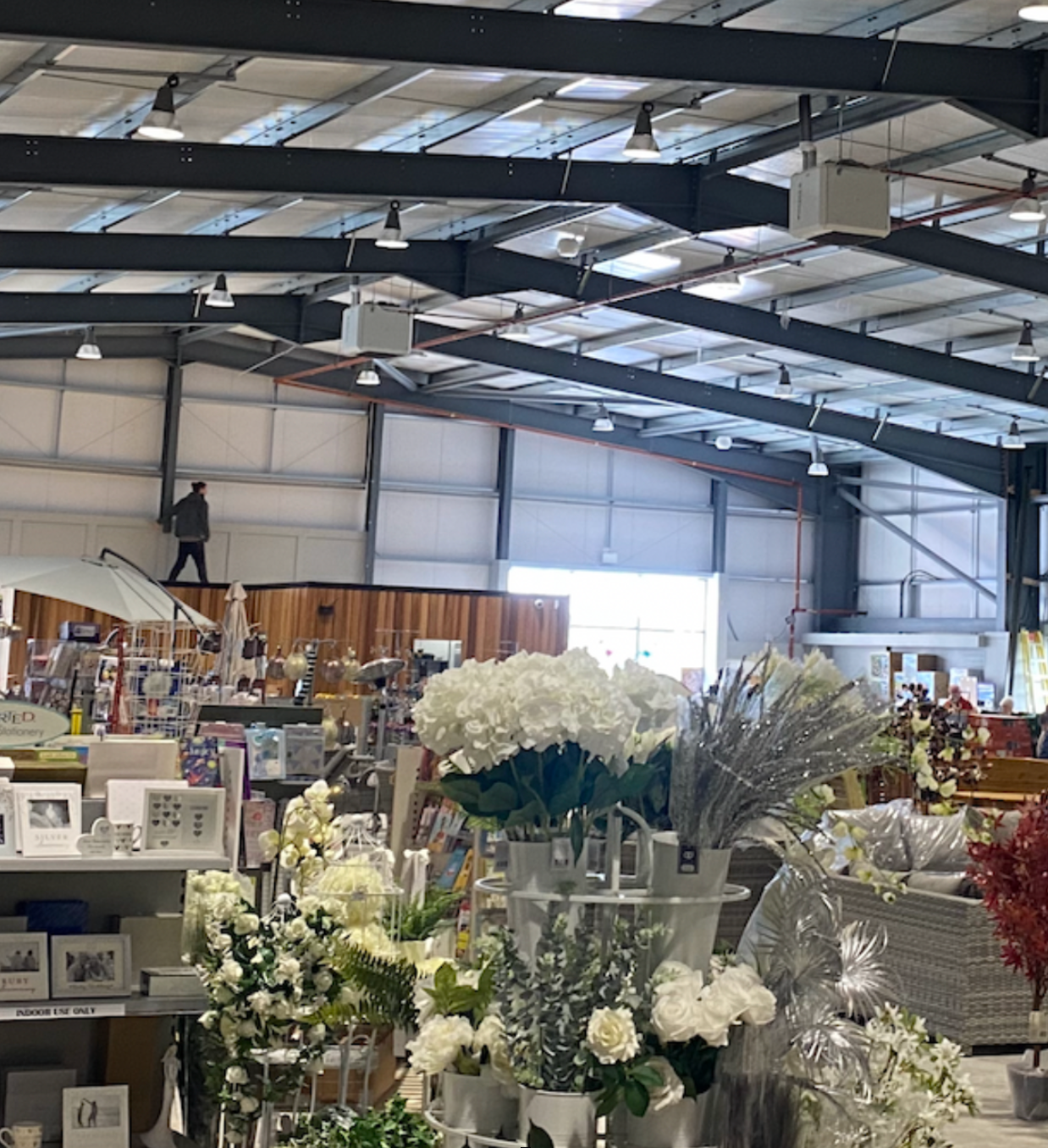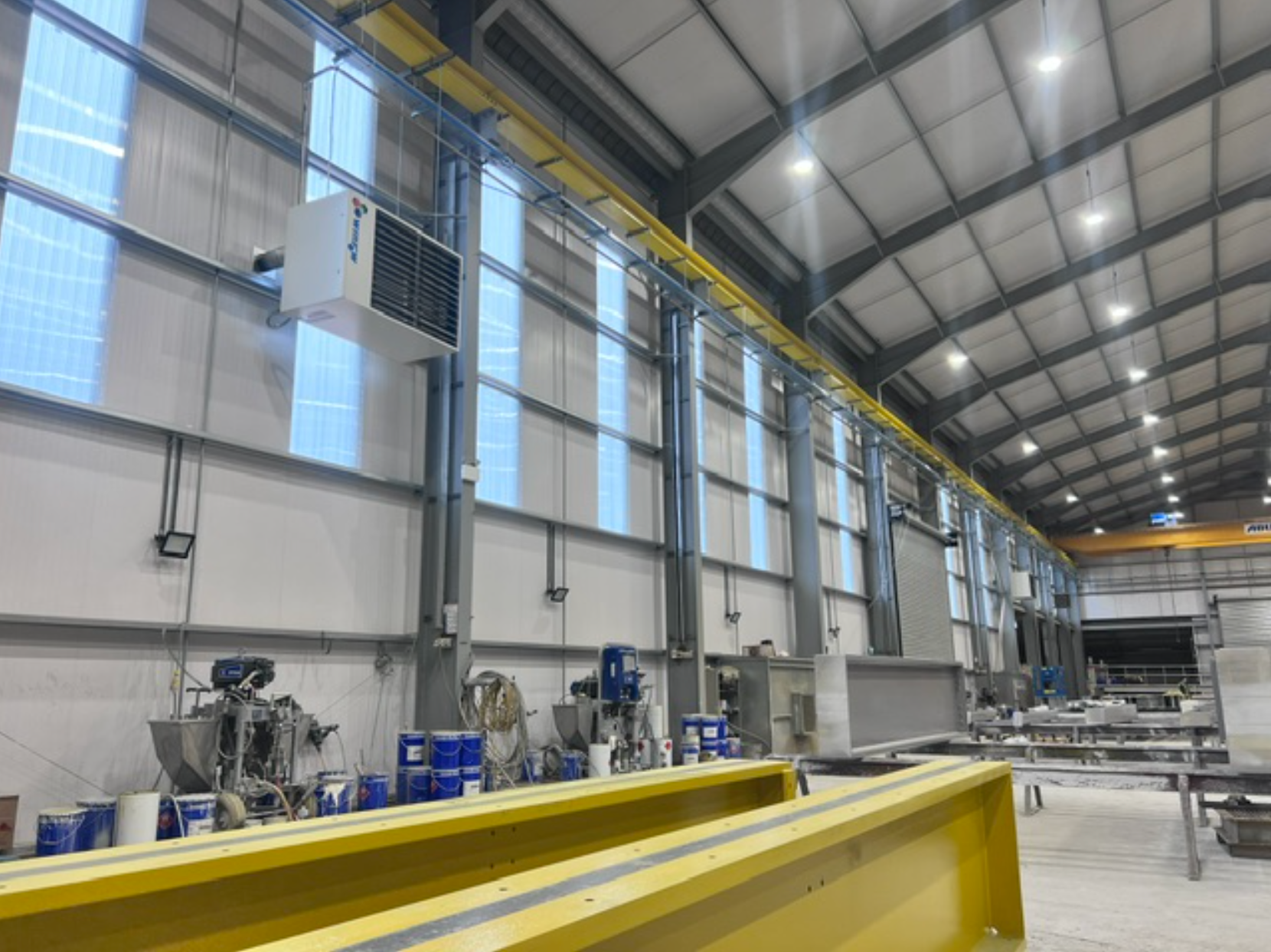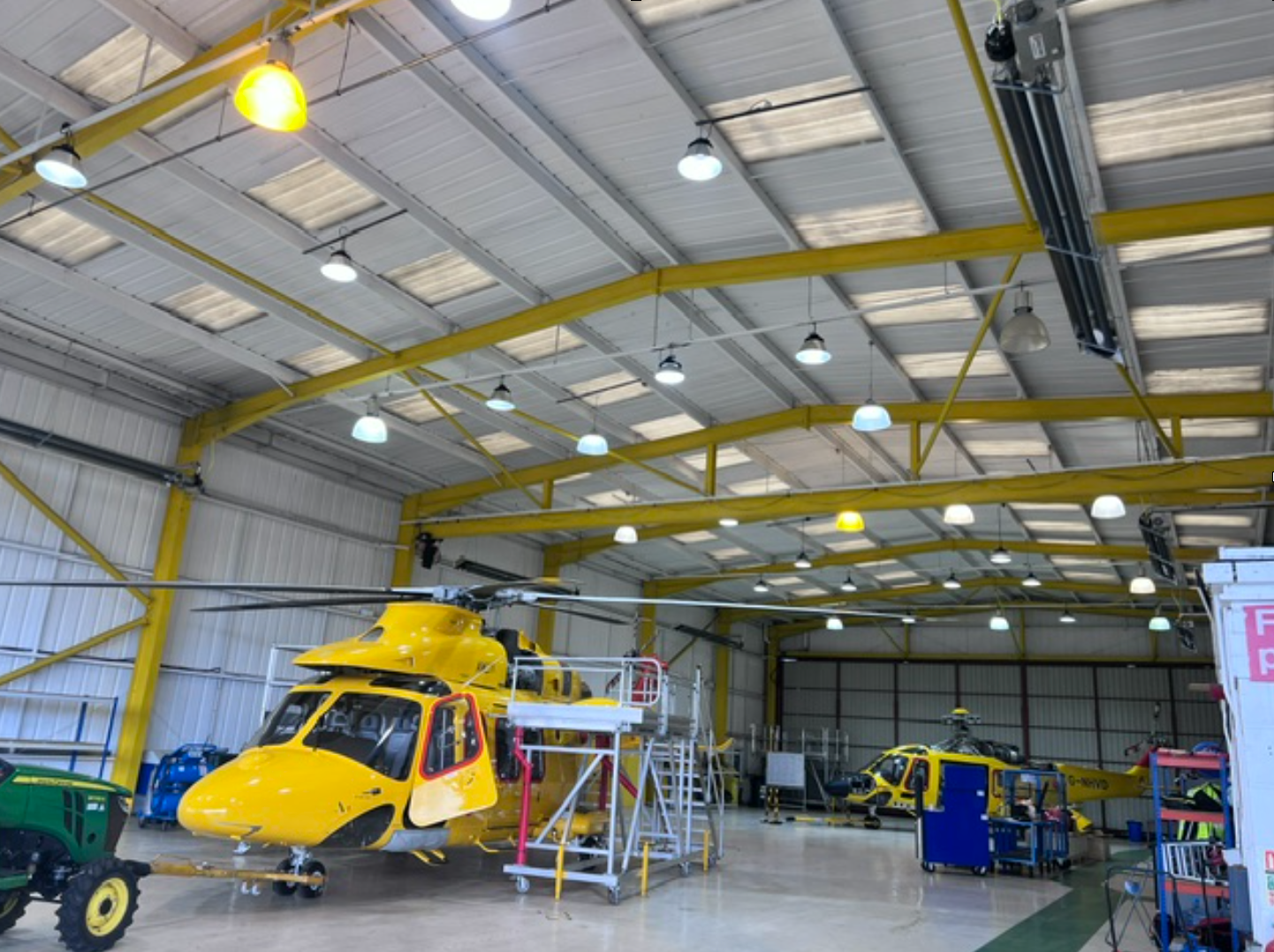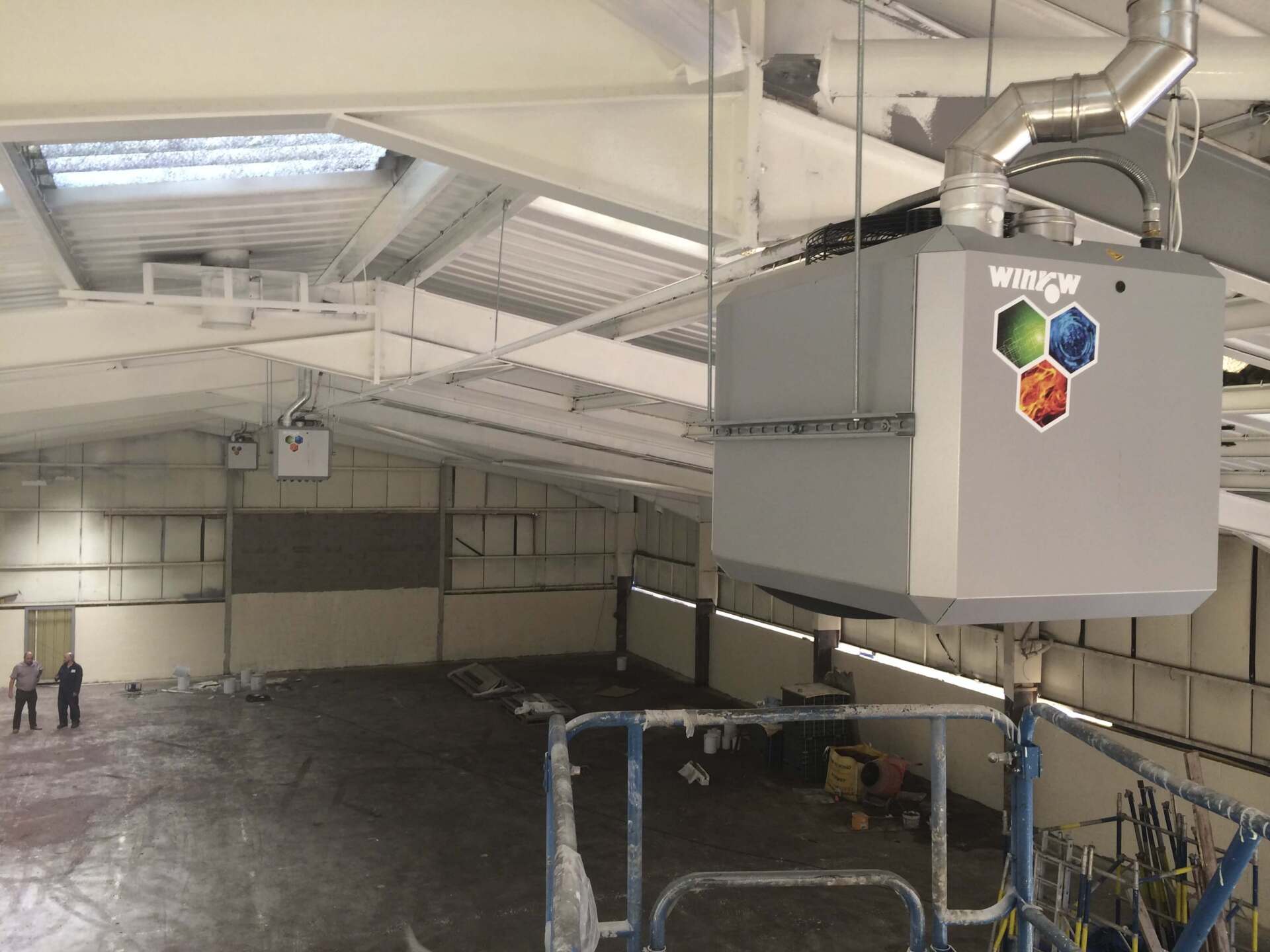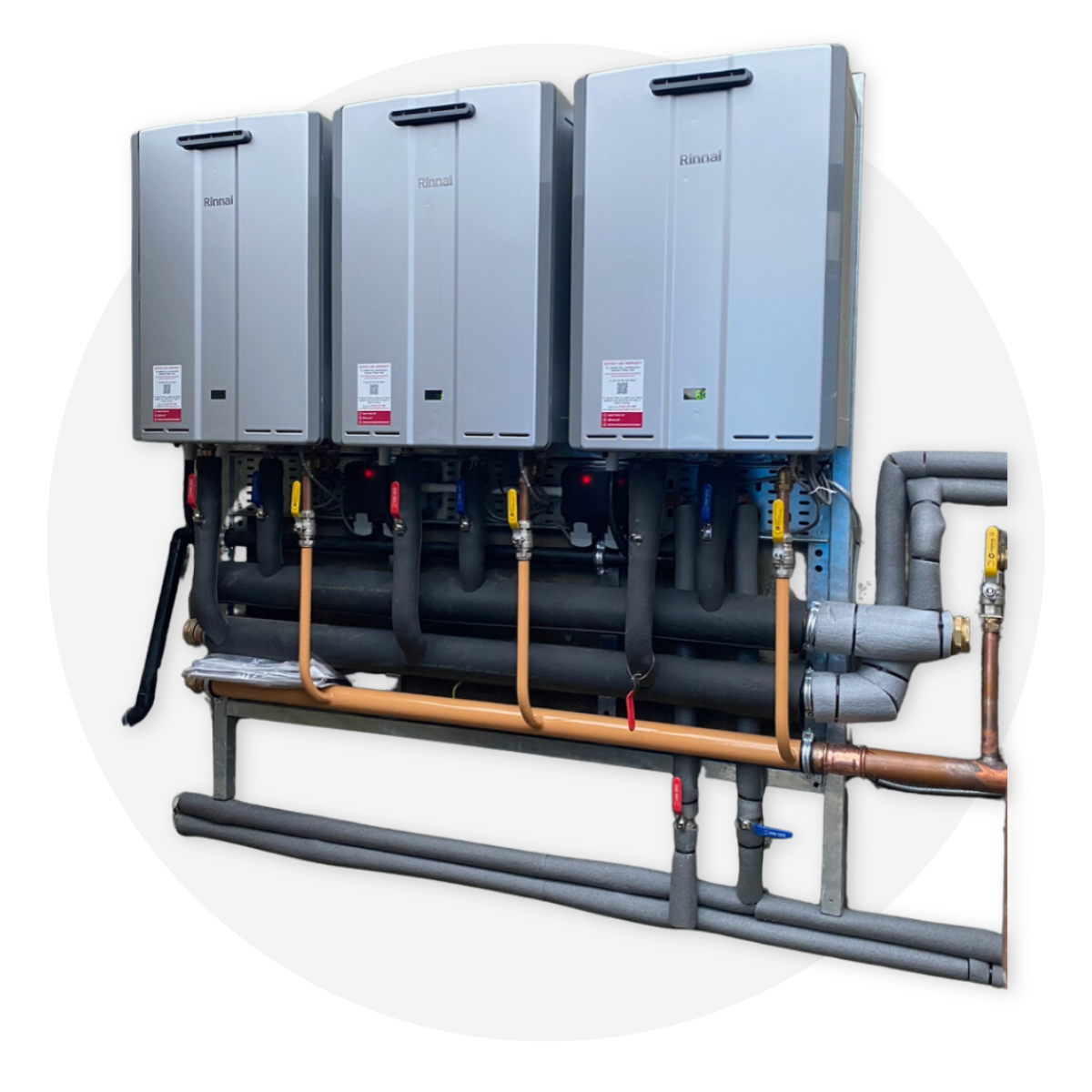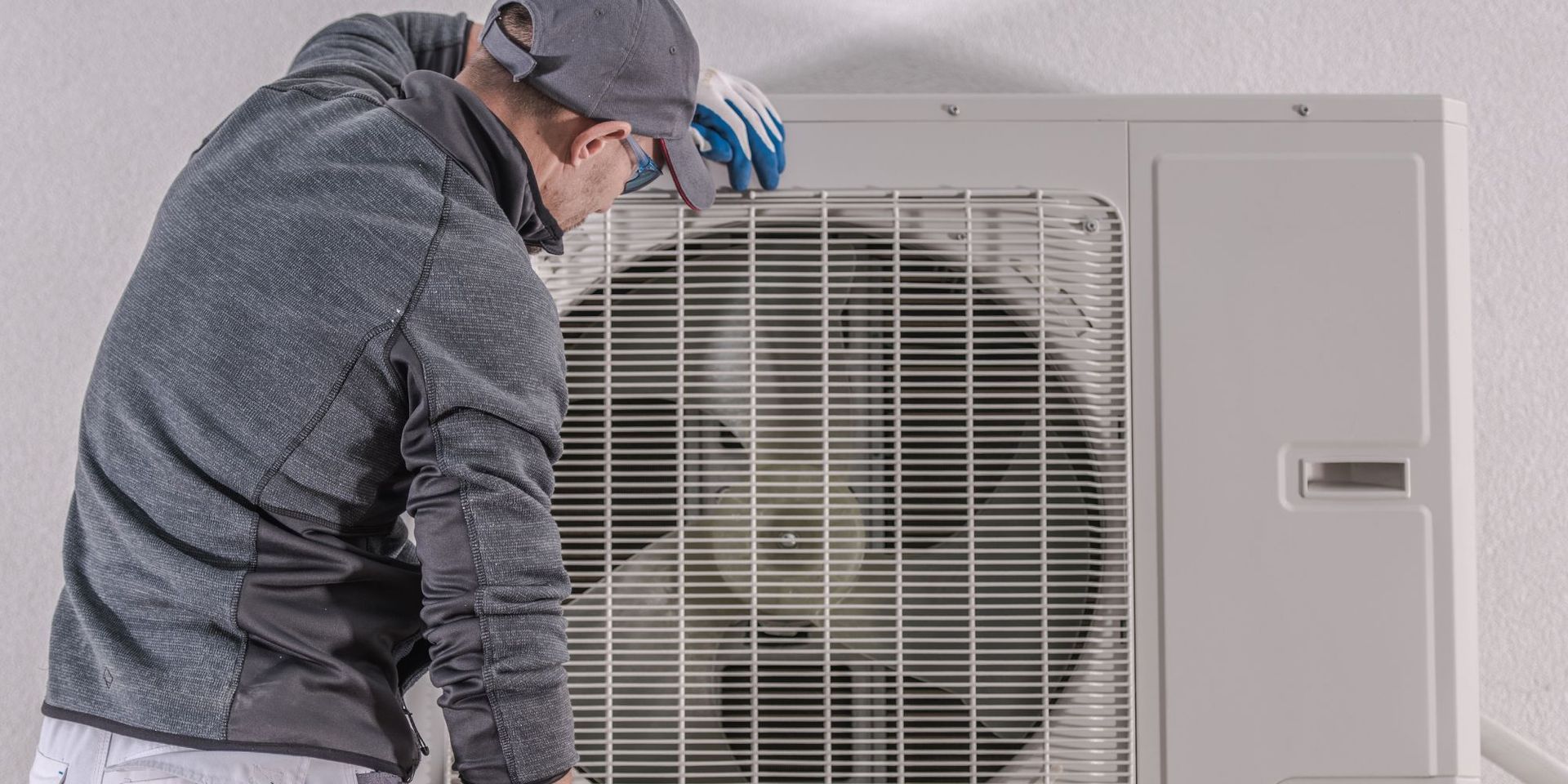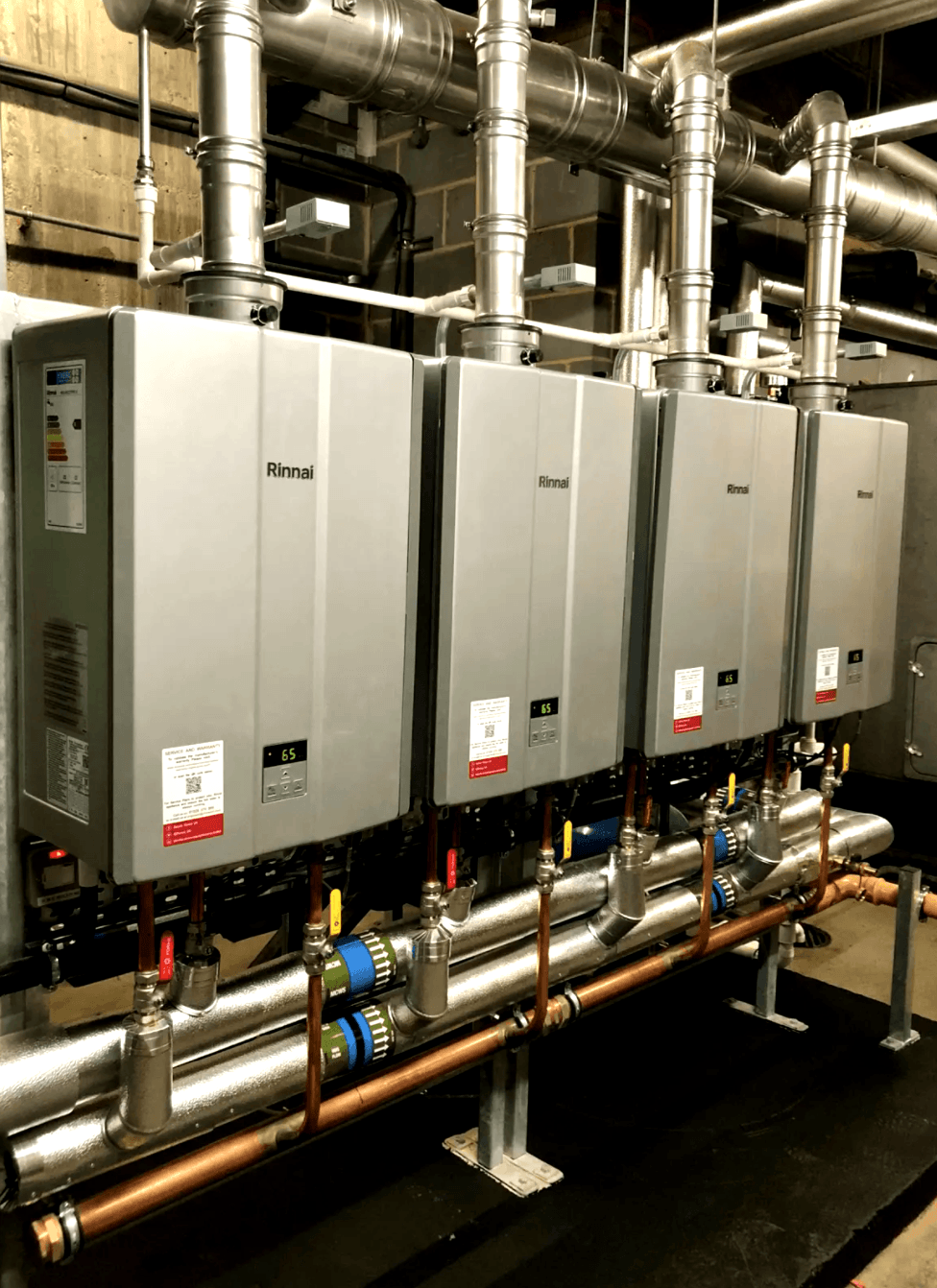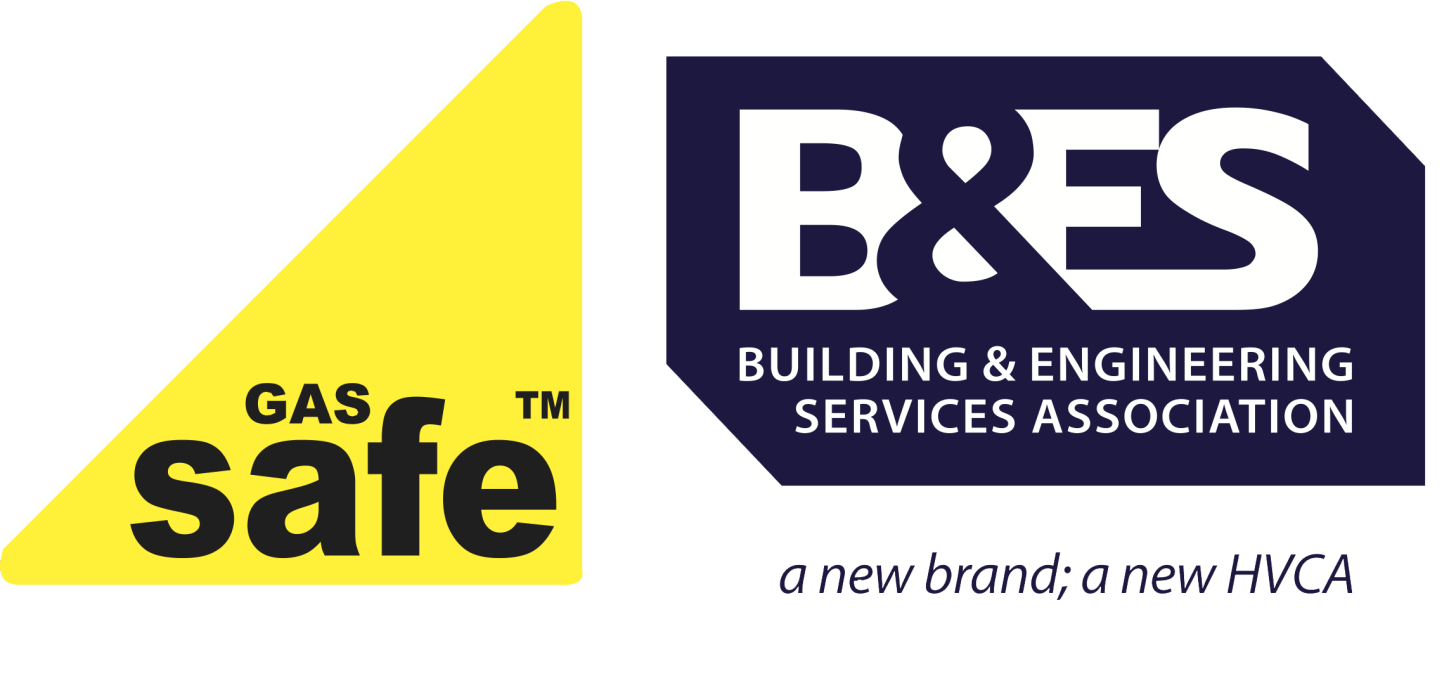Proactive Heating Maintenance: Prolonging the Lifespan of Your Heating Systems
Are you tired of unexpected heating system breakdowns and the hassle of costly repairs? Taking a proactive approach to maintaining your heating system can save you time, money, and discomfort in the long run.
By addressing potential issues before they escalate, you can ensure the longevity and efficiency of your heating system. But where do you begin? Let's explore the essential proactive maintenance tasks that can help you safeguard your heating system's performance and durability.
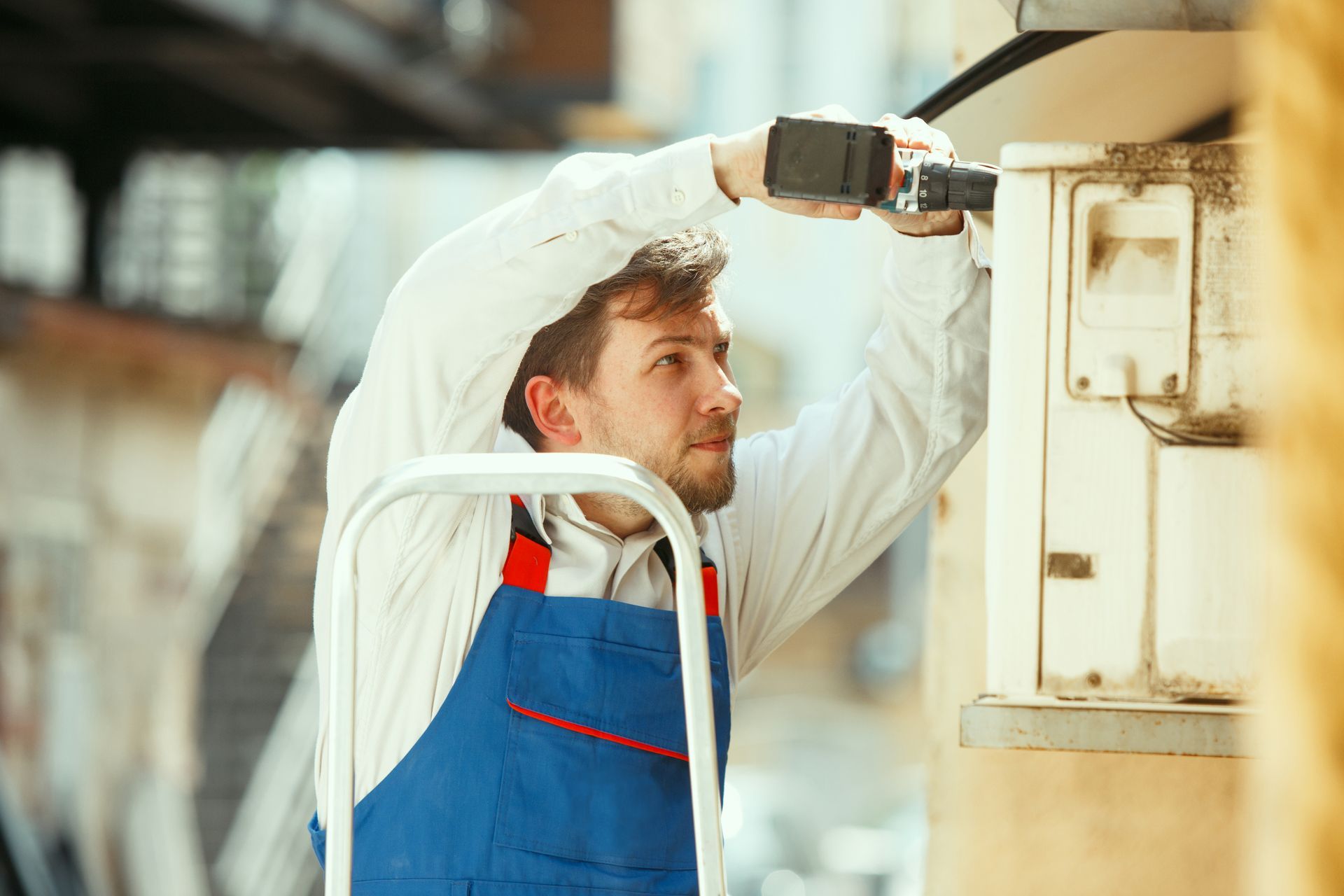
Importance of Regular Maintenance
Regular maintenance of your heating system is crucial to ensure its efficient and safe operation. A central heating system maintenance routine not only prolongs the lifespan of your system but also helps in avoiding potential hazards.
Without regular maintenance, your system may accumulate dust, debris, and other pollutants, affecting its efficiency and air quality. To maintain your central heating system, it's essential to inspect and clean the boiler, radiators, vents, and thermostat regularly. This ensures that each component is functioning optimally.
Moreover, checking the water pressure and bleeding the radiators are vital tasks to keep your system working effectively. Additionally, a professional service and inspection should be scheduled annually to identify any potential issues and ensure the safety of your system.
Neglecting the importance of regular maintenance may lead to decreased efficiency, higher energy bills, and potential risks such as carbon monoxide leaks. By adhering to a maintenance checklist and getting your boiler serviced, you can proactively address any issues and prolong the lifespan of your heating system.
Understanding Your Heating System
Understanding your heating system requires a clear grasp of the components and their functions. A central heating system consists of a boiler, radiators, and a thermostat. The boiler is the heart of the system, heating water that's then circulated through the radiators to warm the space. The thermostat controls the temperature, allowing you to set the desired level of warmth.
Regular heating system maintenance is essential to keep your system working efficiently. It's important to inspect and clean the components, check the pressure, and ensure proper ventilation. Additionally, central heating system maintenance should include bleeding your radiators to release any trapped air, which can hinder the system's performance.
Understanding how your heating system works can also help you identify potential issues early on, preventing costly repairs and prolonging the lifespan of your system. By staying informed about the functionality of your heating system, you can ensure a comfortable and safe environment for you and your employees.
DIY Maintenance Tips
To maintain the efficiency of your central heating system, it's important to perform regular DIY maintenance. This includes inspecting and cleaning the components, checking the pressure, and ensuring proper ventilation.
Start by inspecting your central heating system for any signs of wear and tear on a regular basis. This includes checking for leaks, strange noises, or any unusual smells coming from the boiler or radiators.
Clean the boiler and radiators to remove any built-up debris that could affect their performance. Additionally, ensure that the water pressure in the boiler is at the correct level, as low pressure can lead to inefficient heating.
Proper ventilation is crucial to the safe and effective operation of your central heating system, so make sure that all vents are unobstructed. Remember to bleed your radiators regularly to release trapped air, which can compromise their efficiency.
Lastly, consider installing a carbon monoxide detector to protect against potential leaks. Performing these heating system maintenance tips will help prolong the lifespan of your central heating system and reduce the need for professional service.
Professional Inspection and Servicing
When seeking professional inspection and servicing for your central heating system, it's essential to engage a qualified technician to thoroughly inspect and maintain all components. Annual maintenance by a qualified heating engineer is crucial for the longevity and efficient operation of your heating system.
A professional service ensures that all parts of the system, including the boiler, radiators, vents, and thermostat, are thoroughly inspected, cleaned, and tested for optimal functionality. During the inspection, the heating engineer will check the pressure and water levels, inspect for any leaks or corrosion, and ensure that the ventilation and airflow are unobstructed.
Additionally, the technician will check and replace any worn-out or faulty components, such as filters and valves, to prevent potential breakdowns. Moreover, a professional service includes the inspection of the carbon monoxide detector to safeguard against potential health hazards.
Extending Lifespan Through Upkeep
Ensuring regular maintenance and upkeep of your heating system is essential for extending its lifespan and ensuring optimal performance. Regular maintenance not only keeps your heating system working efficiently but also helps in identifying and addressing potential issues before they escalate. By adhering to a maintenance schedule, you can prevent costly repairs and prolong the lifespan of your heating system.
This includes inspecting and cleaning the boiler, radiators, and vents, checking the water pressure, and ensuring proper ventilation. Additionally, it's crucial to keep your system free from debris and to check and replace the carbon monoxide detector regularly. Neglecting these maintenance tasks can lead to reduced efficiency, increased energy consumption, and even safety hazards.
Safety Measures and Detector Installation
For optimal safety and early detection of harmful gases, the installation of a carbon monoxide detector is crucial in ensuring a secure heating system. Carbon monoxide is a colourless, odourless gas that can be produced by malfunctioning or improperly ventilated heating systems, posing a serious health risk.
By installing a carbon monoxide detector in the vicinity of your heating system, you can quickly identify any presence of this hazardous gas and take necessary precautions. Additionally, regular inspection and maintenance of ventilation systems are essential safety measures to prevent the buildup of carbon monoxide.
Proper ventilation ensures that combustion gases are effectively expelled from the heating system, reducing the risk of carbon monoxide accumulation. It's also important to ensure that vents are clear of any obstructions and functioning efficiently. As part of your heating system maintenance routine, checking and maintaining ventilation should be a priority to safeguard against the dangers of carbon monoxide.
Optimising Boiler and Radiator Performance
To optimise the performance of your boiler and radiators, regularly inspect and maintain the water pressure and bleed your radiators as needed. Proper boiler pressure is crucial for efficient heating. Use a pressure gauge to check the boiler pressure, ensuring it stays within the recommended range. Low pressure can lead to inadequate heat, while high pressure may cause system damage.
Additionally, air can accumulate in radiators over time, leading to cold spots and reduced efficiency. Bleeding the radiators releases this trapped air, allowing hot water to fully circulate and warm the entire radiator. Incorporating these tasks into your heating maintenance checklist will help prevent potential issues and keep your system working optimally.
Seasonal Maintenance Checklist
When it comes to maintaining your heating system, performing a seasonal maintenance checklist is essential to ensure its continued efficient and safe operation.
Start by inspecting your central heating system to identify any issues that may have arisen during periods of non-use.
Check the pressure of your boiler to ensure proper water pressure, which is crucial for its efficient functioning.
Ventilation is also key, so make sure to inspect and clean vents to avoid any blockages that could hinder energy efficiency.
Additionally, it's important to have a professional service your central heating system to check for carbon monoxide leaks and ensure the safety of your household.
Keeping your system well-maintained not only extends its lifespan but also contributes to its energy efficiency, saving you money in the long run.
Lastly, don't forget to test and, if necessary, replace your carbon monoxide detector to guarantee the safety of your facility.
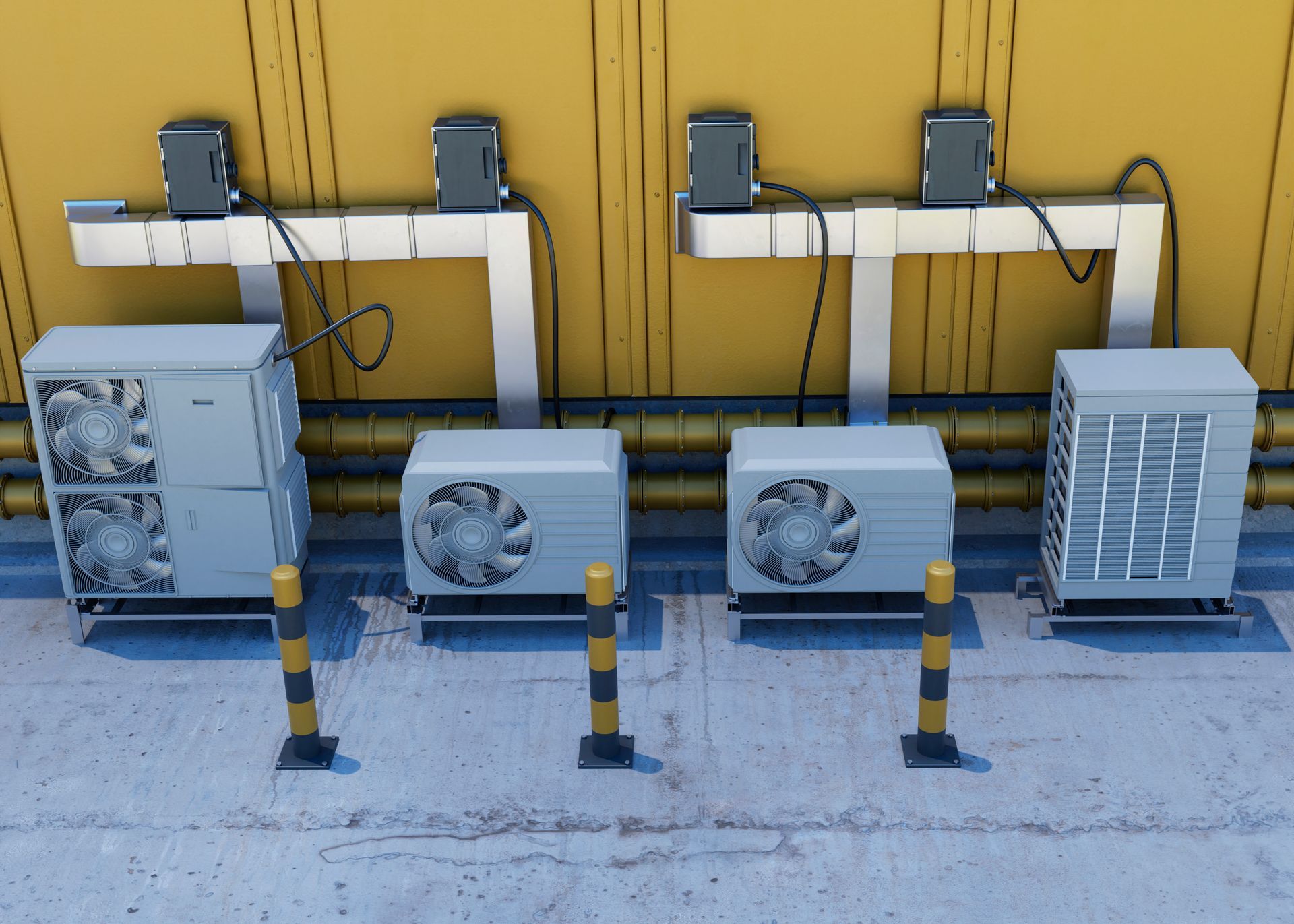
Conclusion
In conclusion, proactive heating maintenance is essential for prolonging the lifespan of your heating system and ensuring its optimal performance.
By understanding your heating system, performing DIY maintenance tasks, and scheduling professional inspections, you can prevent costly breakdowns and ensure the safety of your facility.
Implementing safety measures such as carbon monoxide detectors and optimising boiler and radiator performance are crucial steps in maintaining a comfortable and safe work environment.
Frequently Asked Questions
Share This Post.
Latest News | Winrow Industrial Heating
